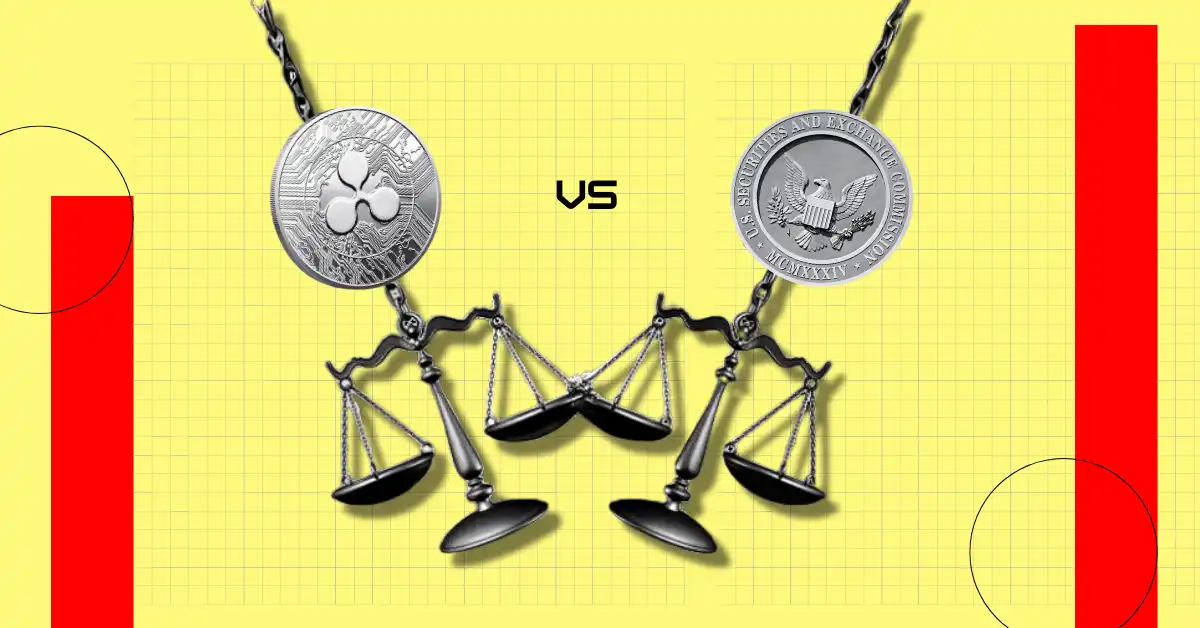
It’s another day in the Ripple vs. SEC case, which is getting complex and hard to predict. With Ripple’s new reply to save its business integrity, it’s getting tough to see an end soon. Ripple has filed a new reply in response to the SEC’s motion to seal documents. The company addressed some of the arguments put forward by the SEC and disagreed with the Commission’s stance on the relevance of Ripple’s financial condition to the court’s determination of remedies.
Let’s step in to learn more about the latest filing.
Disputing the SEC’s Relevance Claims
The SEC has argued that Ripple’s current financial status is critical for determining appropriate remedies for its historical actions. In their latest filing, Ripple, once again disputes this claim, arguing that its financial condition is irrelevant to the court’s analysis. The company maintains that it has never suggested it will not be able to pay any potential penalties, thus rendering the SEC’s argument baseless.
Moreover, the SEC wants $2 billion in fines and a final judgment, but Ripple claims it only owes $10 million in civil penalties. In particular, courts have never granted a party’s first request and usually award a substantially smaller amount.
Protecting Business Interests
Whereas, Ripple said that revealing its confidential financial information could harm its business interests. The firm argues that the terms of its historical contracts are highly confidential and that future business counterparts could exploit this information if it were made public.
Since, the details include Ripple’s existing assets (penalty amount), recent sales (injunctive relief and fines), revenues & costs (disgorgement), and institutional investor discounts (investor harm). Hence, Ripple insists that these details should remain sealed to protect its competitive position.
Clarifying Misconceptions About XRP Sales
Not only that, but in its motion, Ripple also addresses the SEC’s incorrect assertion regarding the relevance of its historical contracts. Ripple points out that the court has already ruled that XRP is not a security, distinguishing the sale of XRP from the sale of investment contracts. The firm argues that the amount of XRP sold is not equivalent to the price at which the investment contracts were sold, as described in the court’s summary judgment order.
Urging the Court to Seal Documents
With its arguments laid out, Ripple urges the court to grant its narrowly tailored request to seal the confidential information. The firm believes that maintaining the confidentiality of its sensitive financial data is crucial and justified.
And it Continues…
Ripple’s new motion to seal documents in the SEC lawsuit reflects its ongoing effort to protect sensitive financial information while challenging the SEC’s claims. As the case remains at the remedies stage, the outcome of this motion could significantly impact the disclosure and handling of confidential business data in future legal proceedings.
